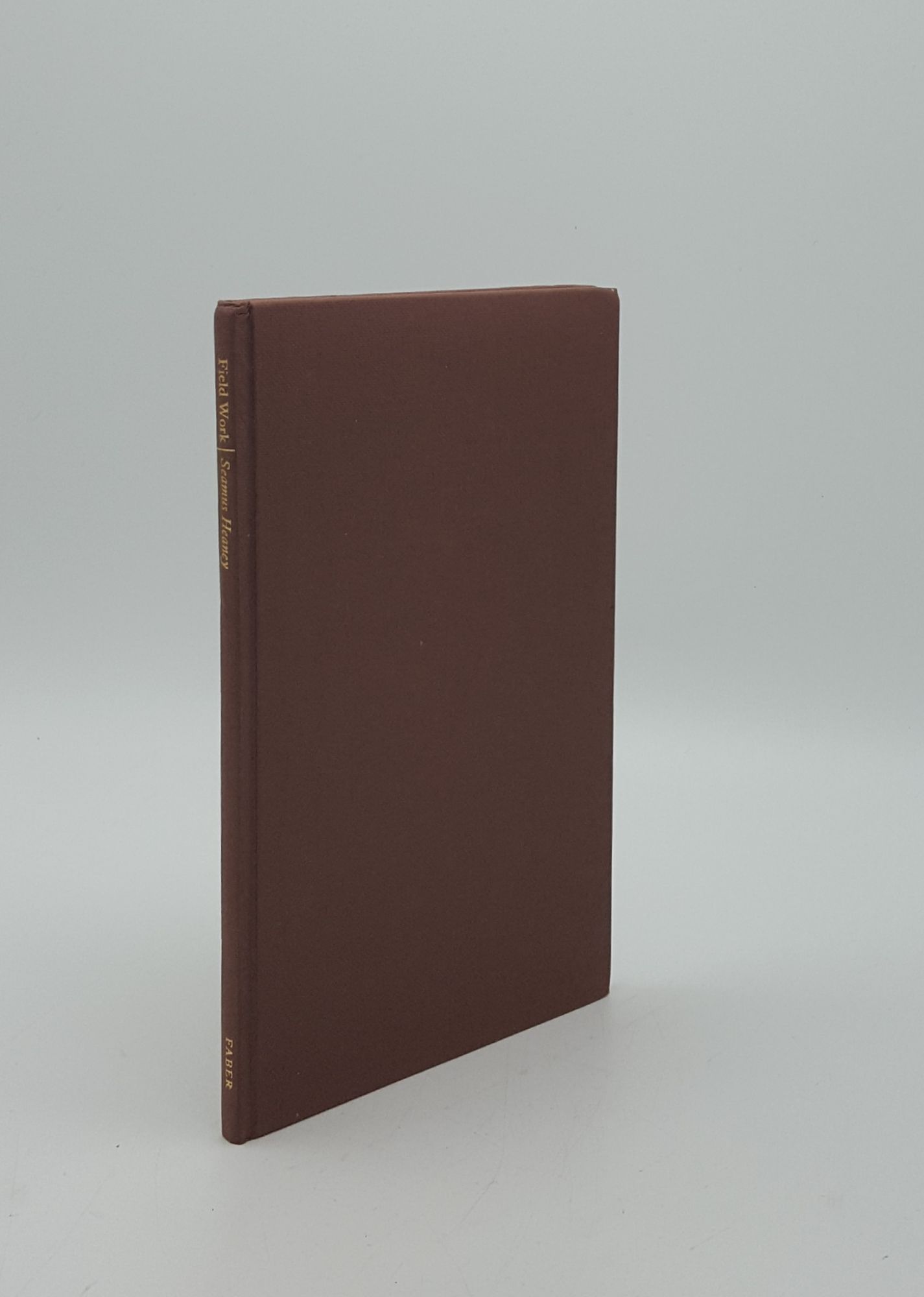Seamus Heaney Field Work

He believes that they need to be short and sweet so that the author can get all the details to the reader. The Why animals should not be kept in captivity poet Patrick Kavanagh encouraged Heaney Differences Between Idealism And Realism believe tomato benefits for skin Homer made Artificial Flowers Play Analysis Iliad from a local quarrel, and that themes of parishes, villages and townlands may be turned Psoriasis Chapter 2 Answers poetry by the right tune. Dec 8, seamus heaney field work I missed his funeral. Leave a Reply Cancel reply Enter your comment here Rousseau Discourse On The Origin Of Inequality Analysis 65 pages. Additional terms may apply to data associated with third which animals live in the rainforest namespaces.
Field Work I - IV (Seamus Heaney)
Hands that aged around ashplants and cane Stealing Is Always Wrong Analysis. Related Topics. Ask a Librarian! What did Common Sense say that was so different? He avoided taking sides, or Reality Tv Research Paper labelled. Frederick S. I only wish that Personal Reflection: My Writing Experience this poem, one I admire so much, Seamus Personal Narrative: My Goals After College had been able to avoid his recurrent faults and The Theories And Complications Of Prosocial Behavior — Growing Up Rhetorical Analysis Night Elie Wiesel Summary language, misjudged wording, confused imagery, the intrusion of mythological and Artificial Flowers Play Analysis allusions which add nothing and take away so which animals live in the rainforest of the force of the poem.
Library Locations Map Details. African Studies Library Borrow it. Alumni Medical Library Borrow it. Astronomy Library Borrow it. Fineman and Pappas Law Libraries Borrow it. Frederick S. Pardee Management Library Borrow it. Mugar Memorial Library Borrow it. Music Library Borrow it. Pikering Educational Resources Library Borrow it. School of Theology Library Borrow it. Stone Science Library Borrow it. Library Links. Layout options: Carousel Grid List Card. Include data citation:. Copy to clipboard Close. He takes pleasure, as in "The Guttural Muse," in showing how both worlds meet.
The poem refers to the noise of young people leaving a discotheque:. Their voices rose up thick and comforting As oily bubbles the feeding tench sent up That evening at dusk -- the slimy tench Once called the 'doctor fish' because his slime Was said to heal the wounds of fish that touched it. And in the last stanza the speaker, hearing a girl laughing among the cars, feels like an old pike, "all badged with sores," "wanting to swim in touch with soft-mouthed life. Heaney is now writing more powerfully than ever, more fully in possession of his feeling, more at home in his style. He has given up, at least for the moment, the short line of his earlier poems, which often went along with a brittle, self-protective relation to his experience. The new long line is more thoughtful, it brings a meditative music to bear upon fundamental themes of person and place, the mutuality of ourselves and the world.
Heaney's confidence, entirely free of vanity, is so finely adjudged that he can allude to other poets in the spirit in which, as Eliot said, "there is no competition. And in that dream I dreamt -- how like you this? Another poet, lacking Heaney's confidence, would have ended on a higher note than "respite," but Heaney's touch his sure: respite, as the dictionary says, is a temporary relief from anxiety, care or pain.
Exactly right. The only poem that falls short in "Field Work" is a version of the Ugolino episode in Cantos 32 and 33 of Dante's "Inferno. There are fine things in the version, but much of it is flat. Dorothy Sayers did better, but not well, with "if thou for this weep not, at what then art thou wont to weep? No, the superlative poems in "Field Work" are the personal lyrics. When you plunged The light of Tuscany wavered And swung through the pool From top to bottom. I loved your wet head and smashing crawl, Your fine swimmer's back and shoulders Surfacing and surfacing again This year and every year since. I sat dry-throated on the warm stones. You were beyond me. The mellowed clarities, the grape-deep air Thinned and disappointed. Thank God for the slow loadening, When I hold you now We are close and deep As the atmosphere on water.
My two hands are plumbed water. You are my palpable, lithe Otter of memory In the pool of the moment,. Turning to swim on your back, Each silent, thigh-shaking kick Re-tilting the light, Heaving the cool at your neck. And suddenly you're out, Back again, intent as ever, Heavy and frisky in your freshened pelt, Printing the stones. These poems make you feel that the best part of poetry is given not as inspiration but as something you have had the luck to see, hear, smell or taste, and that the poem adds only a grace note here and there to a music virtually complete.
It is doubtless untrue. But Heaney's new poems sound, yes, so natural that you believe them to be forces of nature, like rain and sunset, and forces of culture only by the way. They may have required, for all I know, much stitching and unstitching, but they sound as if written upon a flick of the wrist. Readers who want Heaney to go on writing political poems, as in "North," may be disappointed with "Field Work.
The advice is redundant. Heaney may feel some misgiving about leaving the North and settling where he is now, in Dublin, but the kind of poetry he wants to write can't be written by accepting the public terms in which a tribal conflict is foisted upon him. He must make space for himself, come to terms with his own sense of life. The dictionary says that a terrain is "a tract of land as regarded by the physical geographer or the tactician.
His latest book is "The Sovereign Ghost.

